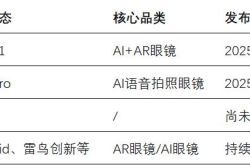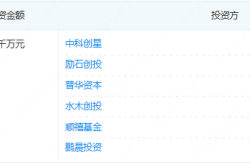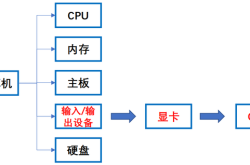The Curtain Falls on the Legend of Japanese Luxury Cars: Global Monthly Sales Plummet to Just a Few Hundred Units, Lexus LS to Be Phased Out Next Year
![]() 09/30 2025
09/30 2025
![]() 749
749
Lexus has finally made the decision to halt production of its high-end sedan. On September 29th, the official images of the Lexus LS 500 Heritage Edition were unveiled. This car will be produced in a strictly limited run of 250 units, marking it as the final iteration of the Lexus LS model, which will be officially discontinued from 2026 onwards. Priced at $100,730 (around RMB 719,000), the new vehicle comes standard with a 23-speaker Mark Levinson sound system. In terms of performance, the Lexus LS 500 Heritage Edition is powered by a 3.4-liter twin-turbocharged V6 engine, delivering 416 horsepower and a peak torque of 599 Nm. 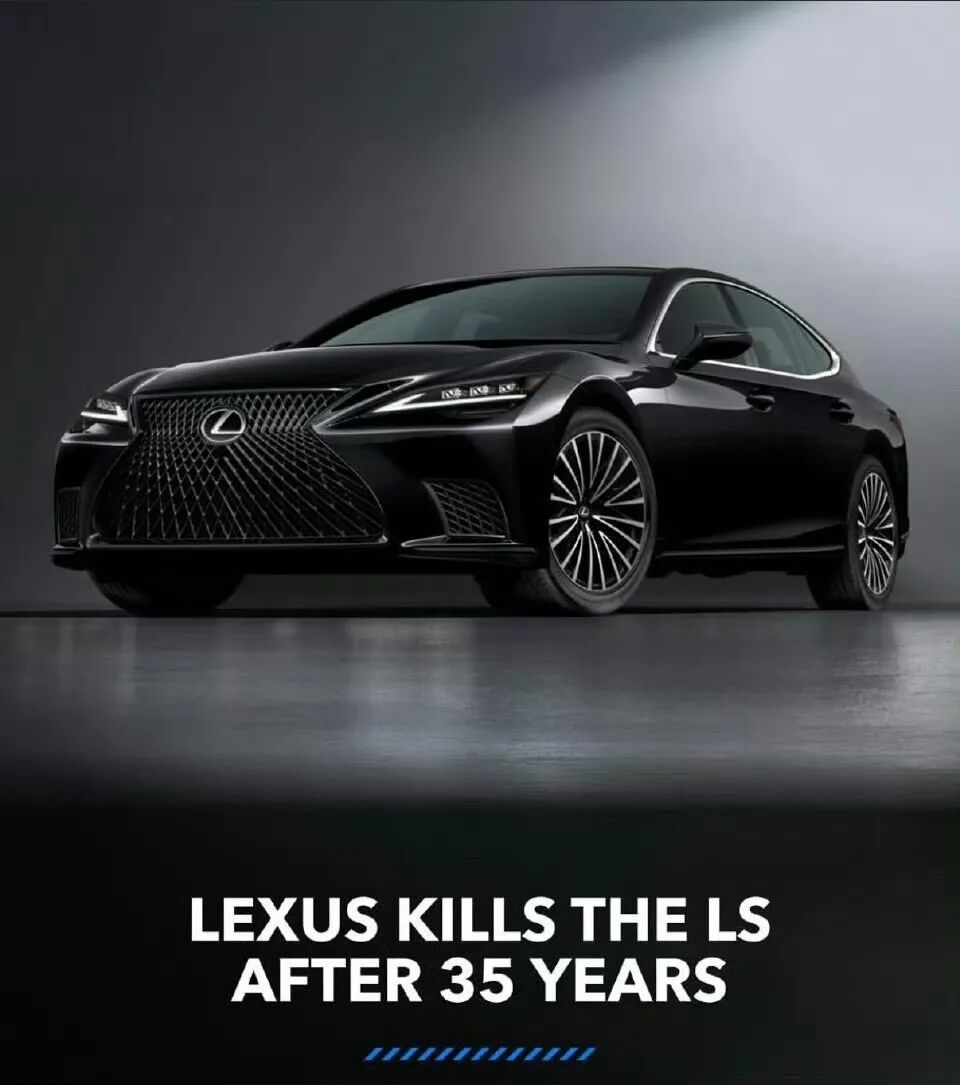
This development signifies the end of an era for a classic model that made its debut in 1989 and once set the gold standard for Japanese luxury vehicles. During the 1989 Detroit Auto Show, the first-generation Lexus LS400 made its global premiere. Renowned for its exceptional comfort, powerful yet smooth performance, outstanding quietness, and meticulous attention to detail, it established a new industry benchmark and disrupted the traditional luxury car market.
Subsequently, the car underwent four generations of updates. On September 28, 2006, Lexus introduced its new flagship model, the LS460L Long Wheelbase, which represented the fourth-generation facelift of the LS series and marked the brand's first long-wheelbase sedan, officially entering the Chinese market. However, the LS has never been a strong performer in terms of sales, either in the Chinese market or in Lexus's largest market, the United States, failing even to meet basic sales expectations.
In recent years, sales of the Lexus LS have continued to decline. In the first half of 2025, only 691 units of the LS series were sold in the U.S. market, representing a significant year-on-year drop of 42.3%. In 2024, global sales of the Lexus LS reached only about 5,000 units, less than one-tenth of its peak sales. This decline can be attributed to numerous factors, with changes in the consumer market being the primary driver.
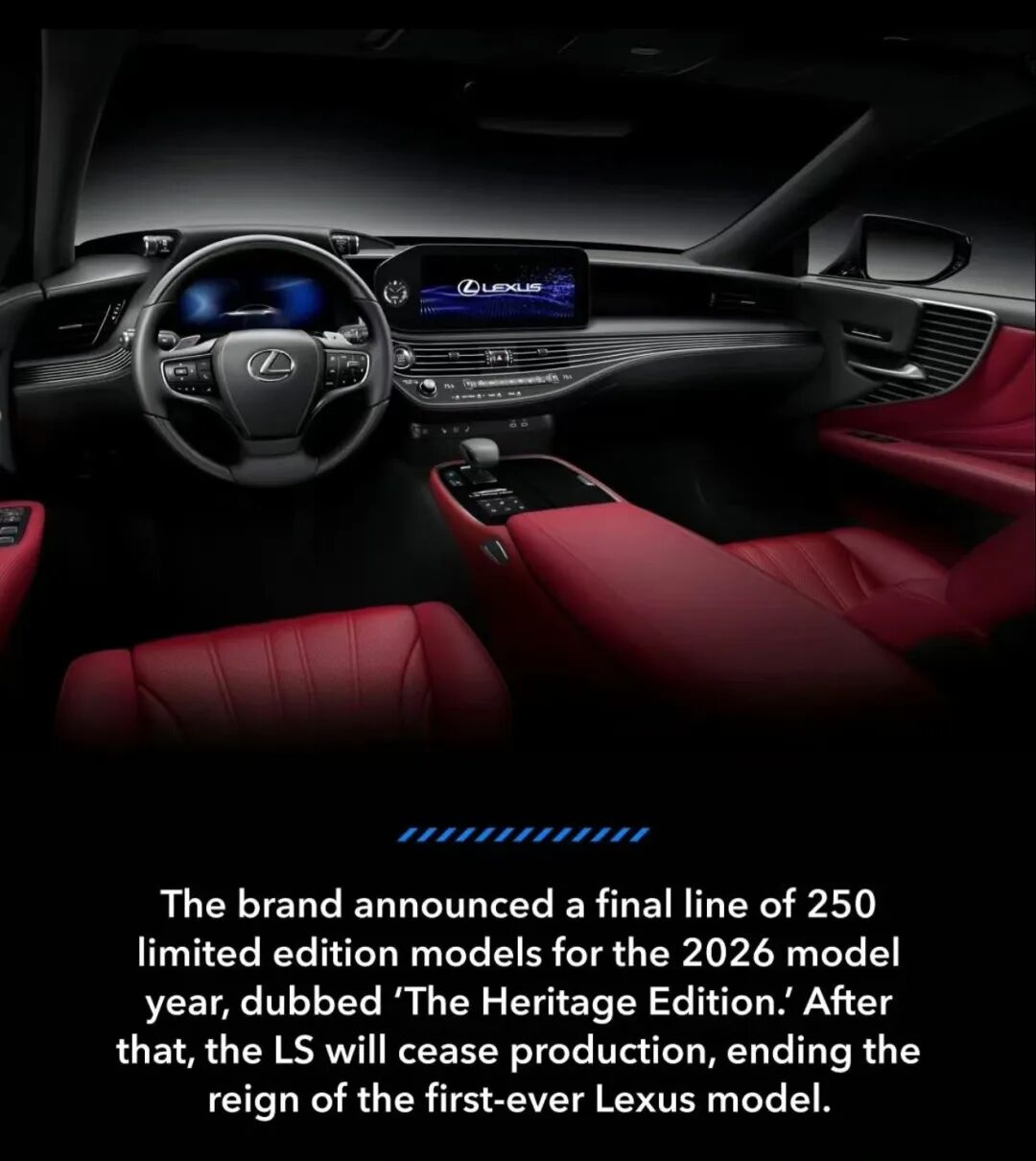
Globally, SUVs have emerged as the new favorite among consumers, thanks to their superior off-road capabilities and more flexible interior layouts, diverting customers away from flagship sedans. International automakers like Ford have also discontinued their sedan lines, importing a limited number of sedans from Chinese factories back to the U.S. market.
On the other hand, amidst the wave of electrification, consumer expectations for luxury vehicles have shifted from large-displacement engines to zero emissions, and the LS series has clearly failed to keep pace with the market's electrification transition. Additionally, despite its unique product features, the LS lacks sufficient appeal compared to its competitors.
If annual sales of the Lexus LS remain at around 5,000 units, it becomes challenging to cover the enormous R&D costs required for a full model refresh, which is one of the key reasons behind Lexus's decision to discontinue the LS. Nevertheless, Lexus still retains some sedan models in its lineup, with a flagship sedan likely to be the production version of the LF-Z electric concept car, namely the all-new electric ES.
However, this change may be difficult for some potential Lexus consumers to accept, as the design of the all-new electric ES has sparked controversy, with many believing it falls far short of the aesthetic appeal of Lexus's gasoline-powered models.
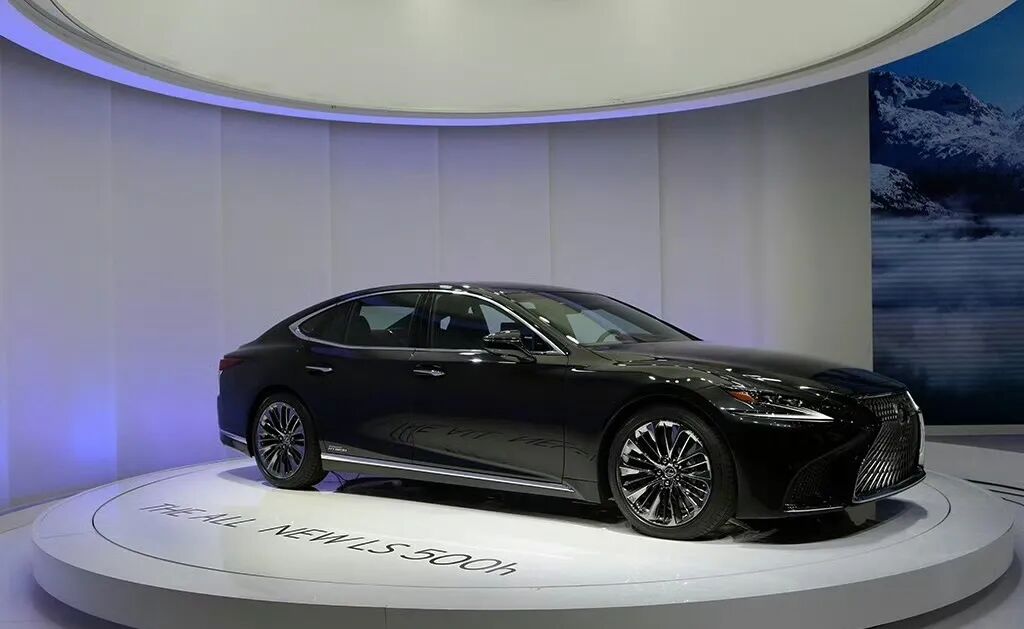
In the Chinese market, Lexus is also facing transformation pressure. From a market perspective, Lexus reached its all-time sales peak in China in 2021, with 227,000 units sold. At that time, popular models like the Lexus ES and RX commanded an average markup of RMB 30,000-50,000, with waiting periods for delivery stretching from 4 to 8 months. However, sales began to decline in 2022.
In 2022, cumulative annual sales dropped by 22.5% year-on-year to 176,000 units, marking the first sales decline for Lexus in the Chinese market since its entry. Sales rebounded slightly in 2023, growing by 3% year-on-year to 181,400 units. In 2024, Lexus's sales in China exceeded 180,000 units, making it the only imported luxury car brand to achieve positive year-on-year growth, though still falling short of its 2021 peak.
Lexus's stable sales in 2024 were achieved through significant terminal discounts, with the ES200, for example, seeing discounts of over RMB 50,000 at one point. In the first quarter of 2025, sales continued to decline year-on-year, with media reports indicating that some models were even facing a situation where 'no one looks at them without discounts'.
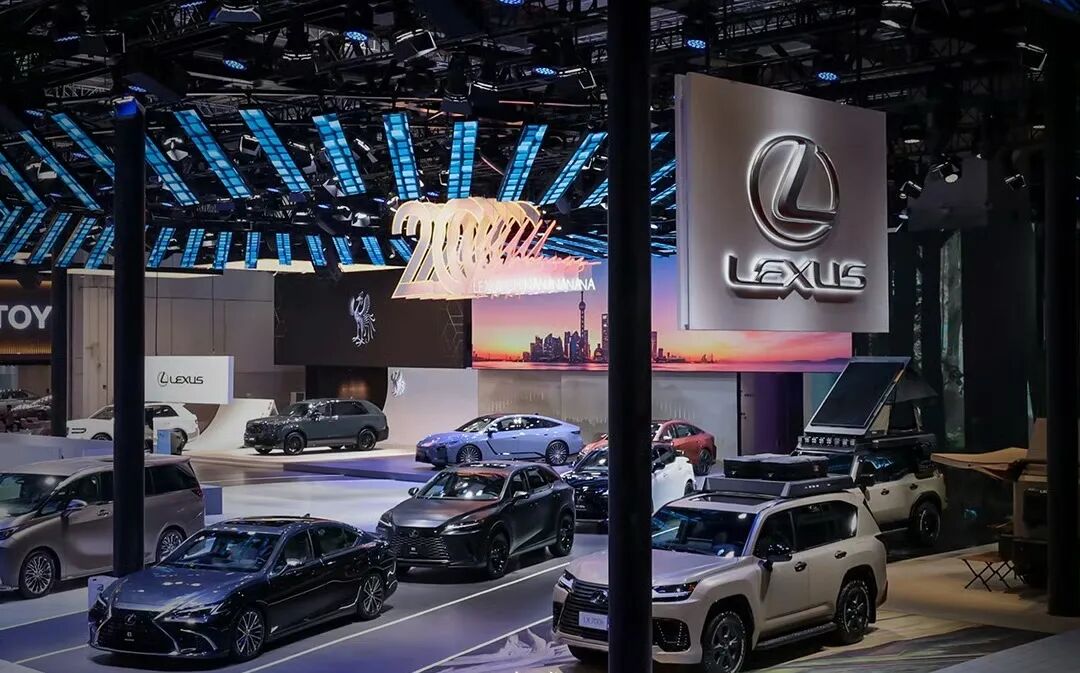
This situation is the result of multiple factors. Firstly, Lexus faces downward price pressure from BBA (Mercedes-Benz, BMW, and Audi) brands. With luxury brands like Mercedes-Benz, BMW, and Audi significantly lowering prices on their mid-range and entry-level models, Lexus's price advantage has diminished. For example, the Mercedes-Benz C-Class can be purchased for as little as RMB 230,000, the BMW X3 for around RMB 200,000, and the Audi A4L for as low as approximately RMB 180,000, making consumers with budgets in the RMB 200,000-300,000 range more inclined to choose BBA models with higher brand recognition and more stable resale values.
Secondly, Lexus is also facing competition from domestic high-end new energy vehicle models. Domestic new energy brands like Li Auto, AITO, Zeekr, IM Motors, and NIO offer a wealth of features such as air suspension, 8295 chips, urban NOA (Navigate on Autopilot), and OTA (Over-the-Air) upgrades at a budget of around RMB 300,000, providing higher levels of intelligence and technological sophistication. This has created strong competition for second-tier luxury brands like Lexus, making consumers more rational and pragmatic in their choices.
Currently, Lexus has launched electric vehicles and plans to produce them locally in China, but the initial response has been lukewarm, making it unlikely that they will open up a new market for the brand.

